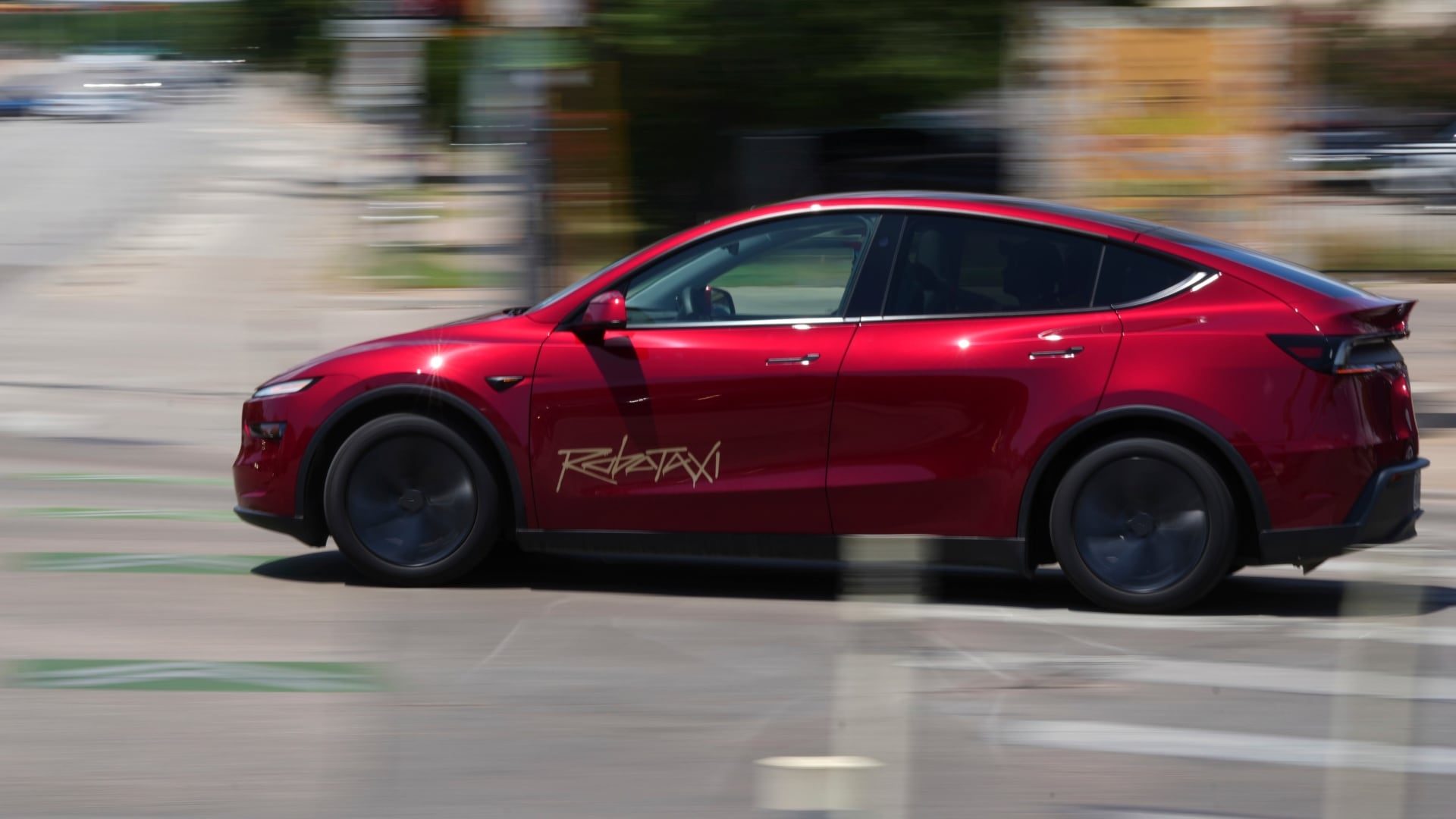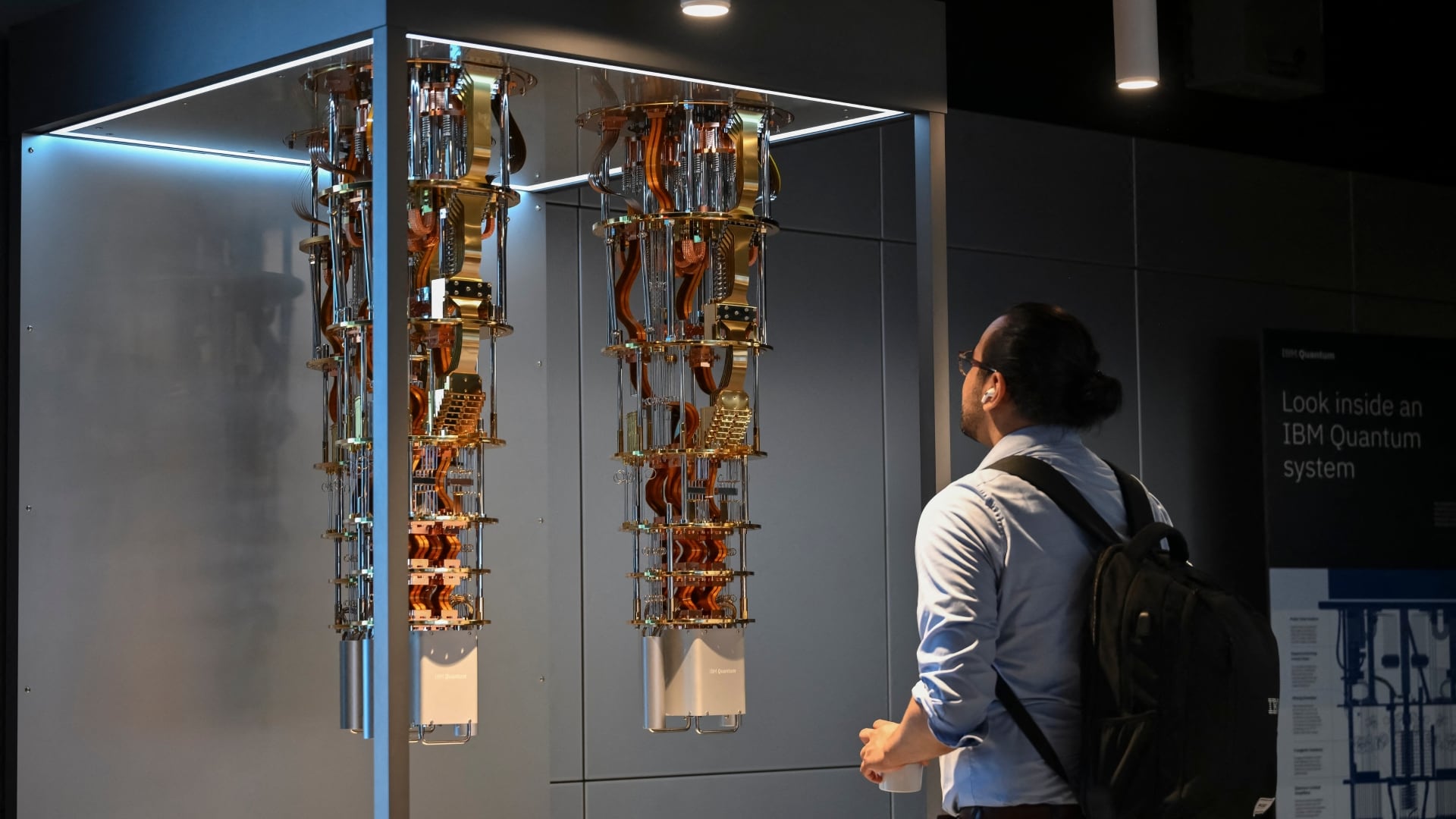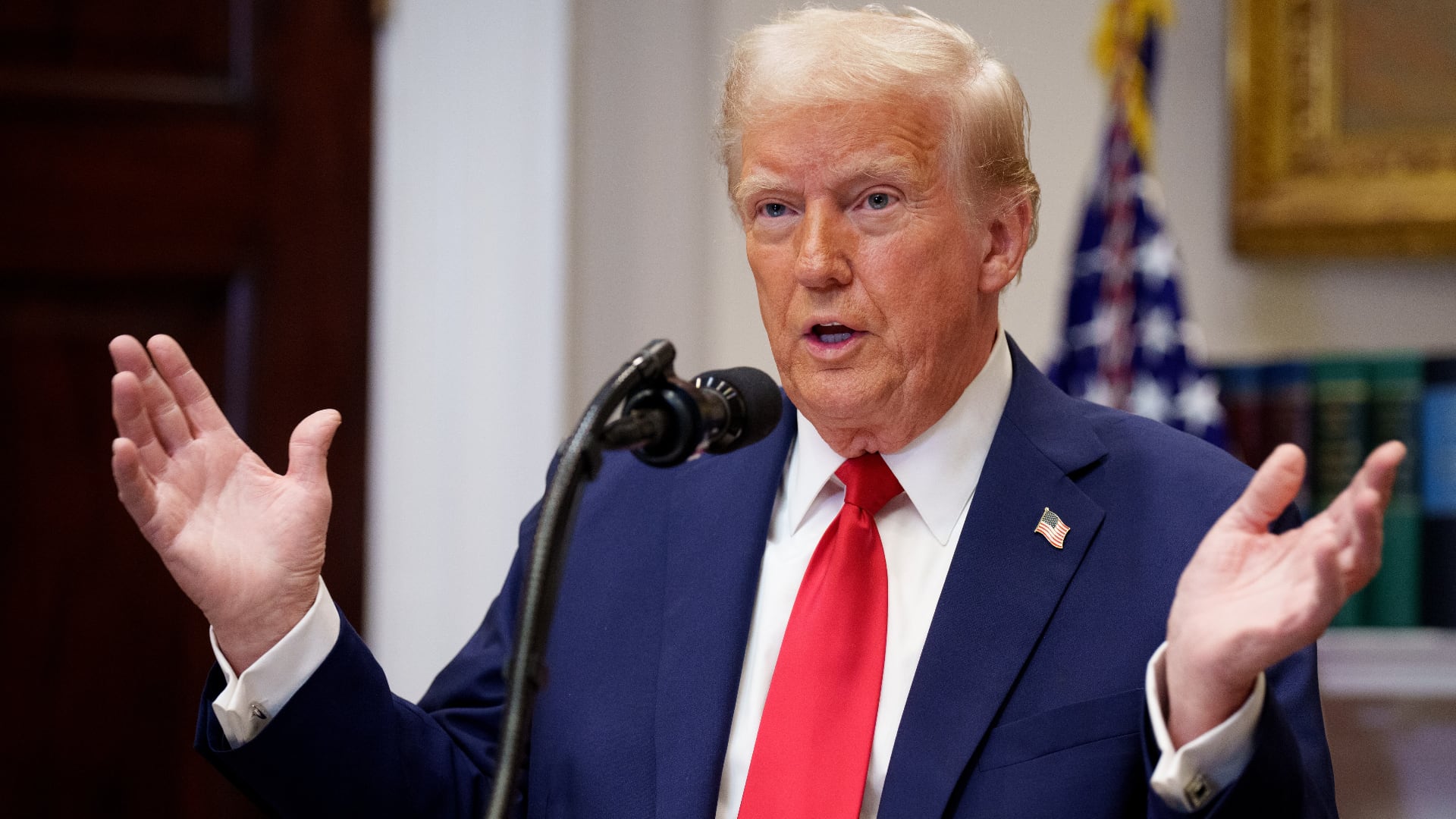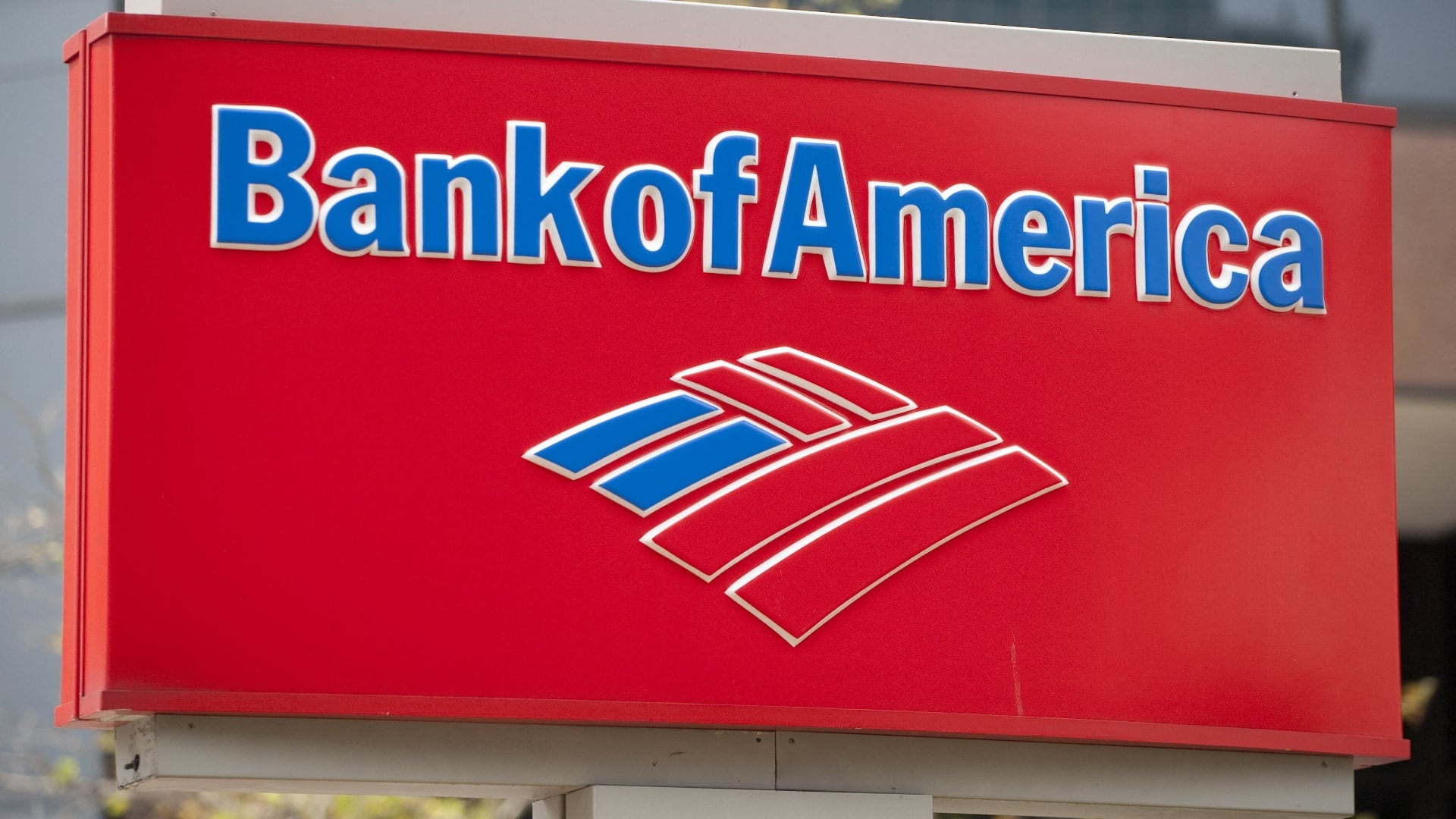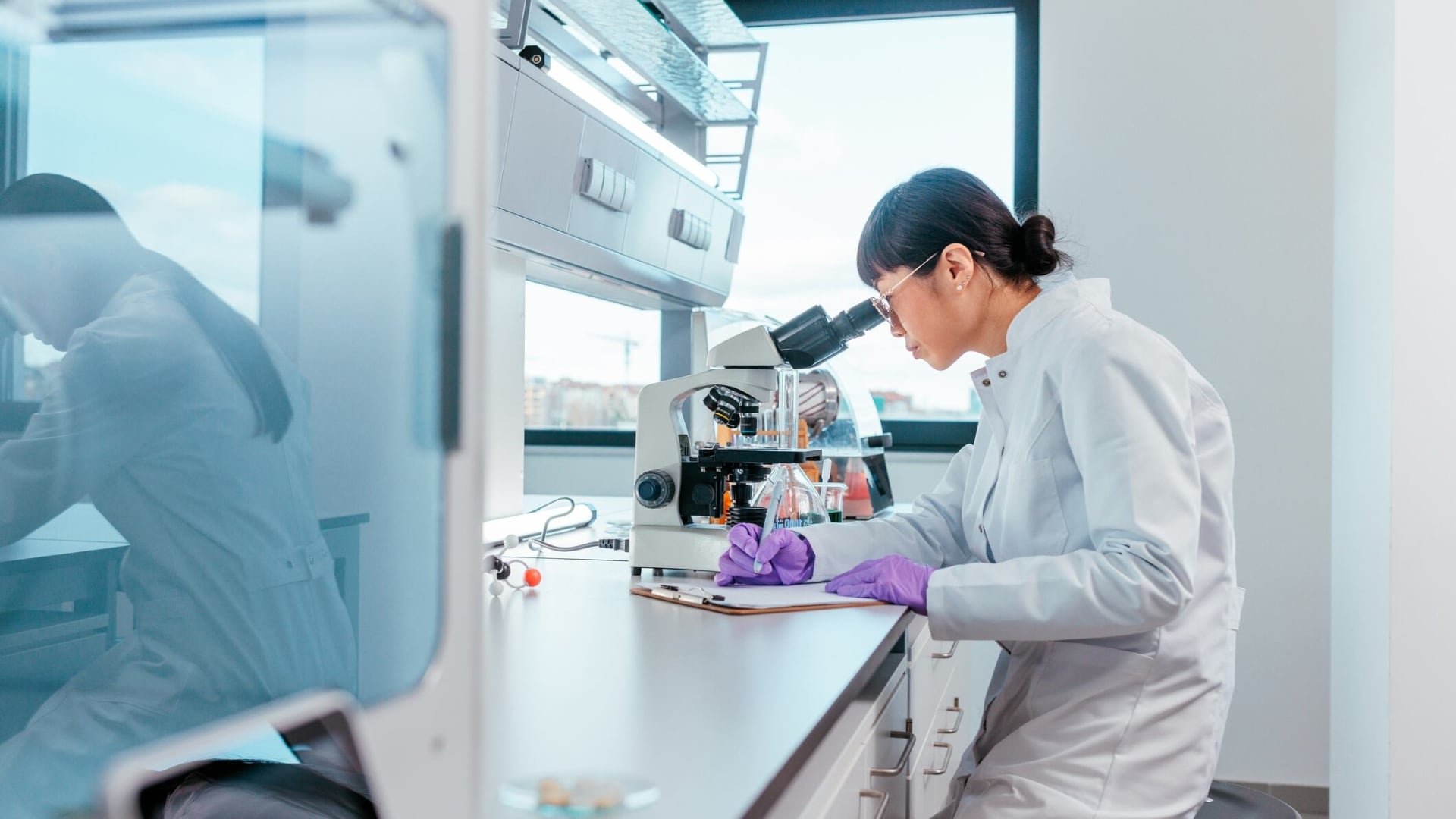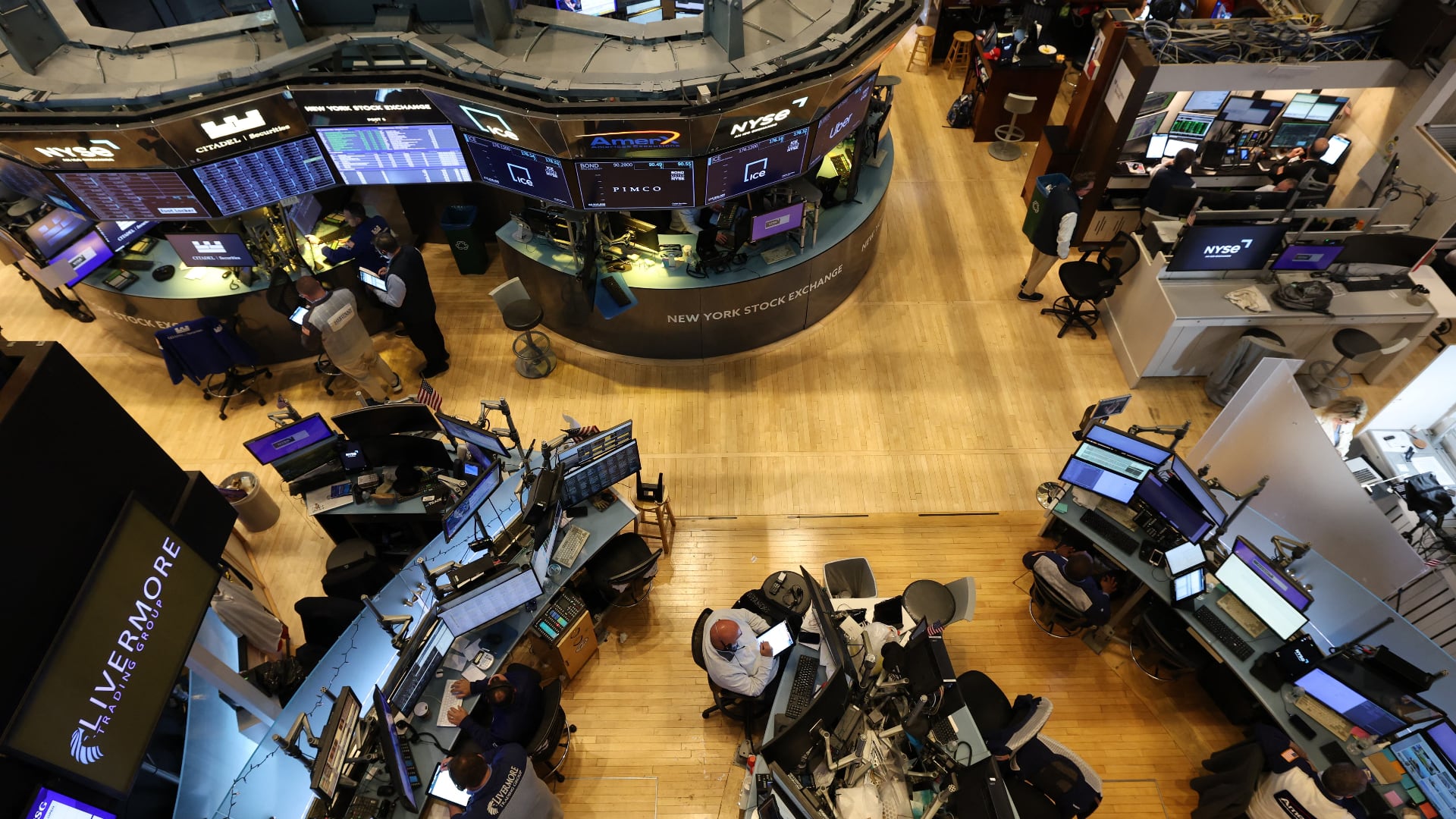Startup Arrival is building a future for commercial electric vehicles around the world, thanks in part to a recent $118 million investment from BlackRock. The financial boost is helping the UK-based company grow, including a jump across the pond, with Arrival officially launching its first U.S. microfactory in South Carolina this month.
Arrival is taking the opposite approach to Tesla's gigafactory model. "We have changed the approach to the production of vehicles," said Arrival President, Avinash Rugoobur.
"We believe when you take the traditional approach of large gigafactories or megafactories then you're really reliant on the economies of scale to get any profit in margins."
Instead, Arrival is using a more local approach in order to branch out. "We are using small microfactories, like the one in South Carolina, and that means we can actually bring these microfactories into any state. This is our first launch in the U.S. but we'll be expanding," said Rugoobur.
Each factory has the goal of producing about 10,000 vans or 1,000 buses per year, he explained. "It's a different approach that results in better margins for us and lower prices for our customers."
Arrival has already teamed up with UPS to get its electric vans into the commercial delivery space. The delivery giant has ordered 10,000 vehicles, with the potential to order up to 10,000 more, and the vehicles are set to roll out over the next few years.
The company's production process is vertically-integrated, building products from the ground-up rather than focusing primarily on the battery pack. This means Arrival can look to offer its EVs at a more competitive price than petrol or diesel models.
Still, Arrival is focused on lowering the costs of its electric vehicles because Rugoobur argues the price point is what could prevent more people from adopting electric cars around the world. The company is looking to sell its electric vans at close to $40,000 per vehicle.
"We are at the similar price to diesel and you get better, lower, total cost of operations," said Rugoobur.
"When customers can buy an electric vehicle at the same price as a diesel, we believe that's when the rapid adoption of this technology will take place."
Arrival has announced an electric van and bus for 2021, and Rugoobur said the company is not letting the pandemic stop them.
"In terms of COVID, it does mean we are working from home, but in terms of the engineering and the production we've managed to make sure each of the microfactories are safe," said the Arrival President. "But again, with a smaller footprint, we actually have a smaller amount of employees per each microfactory, so it's allowed us to be safe. And, so far, luckily, we are able to continue with our production plans as is."
